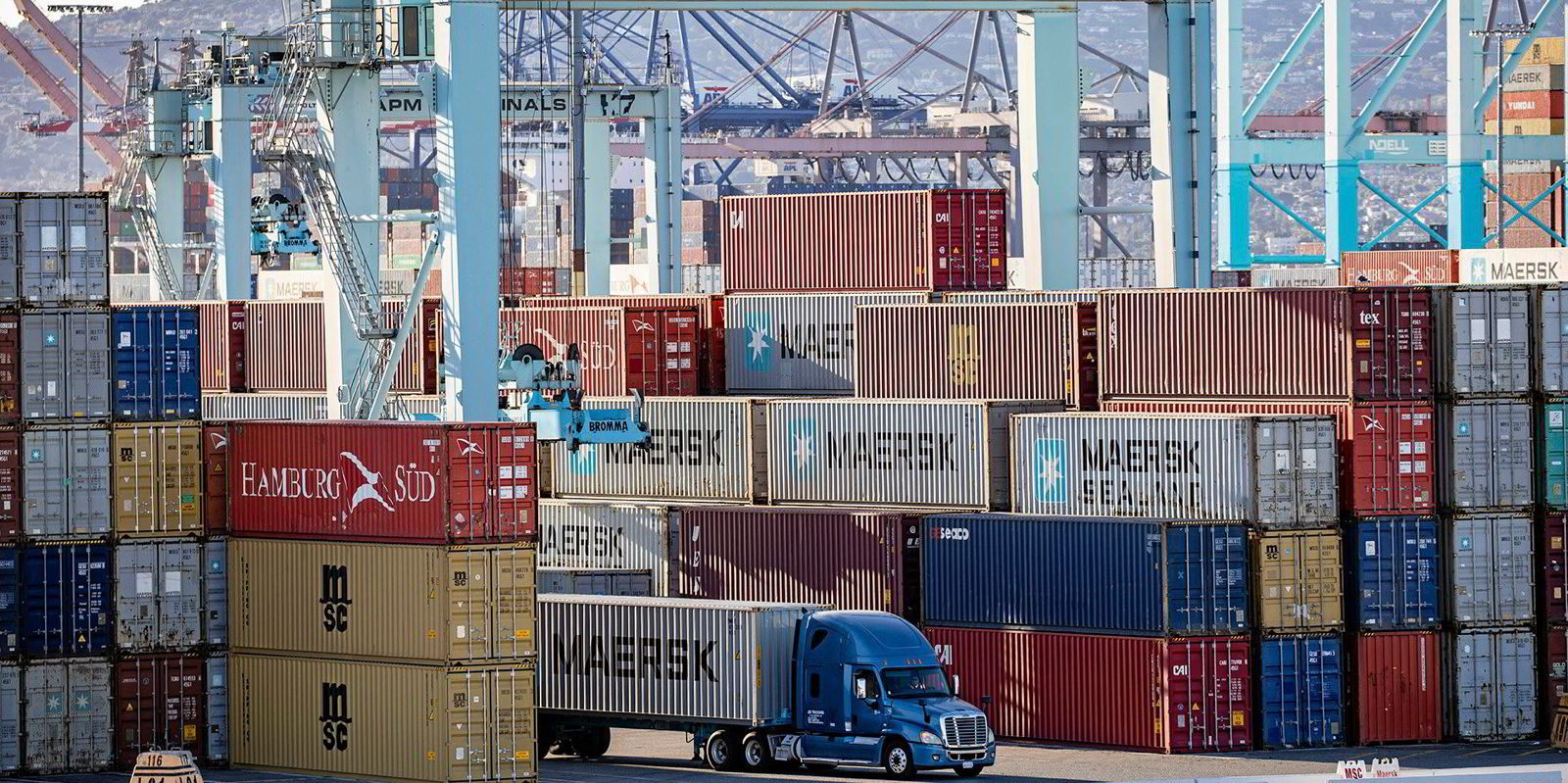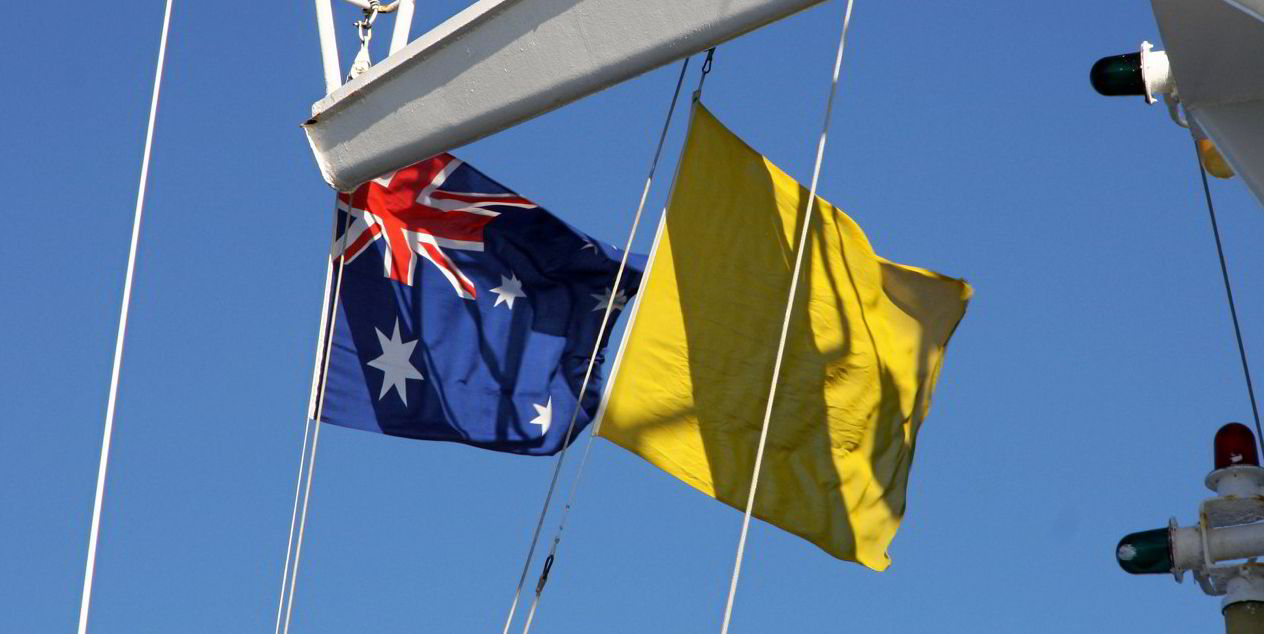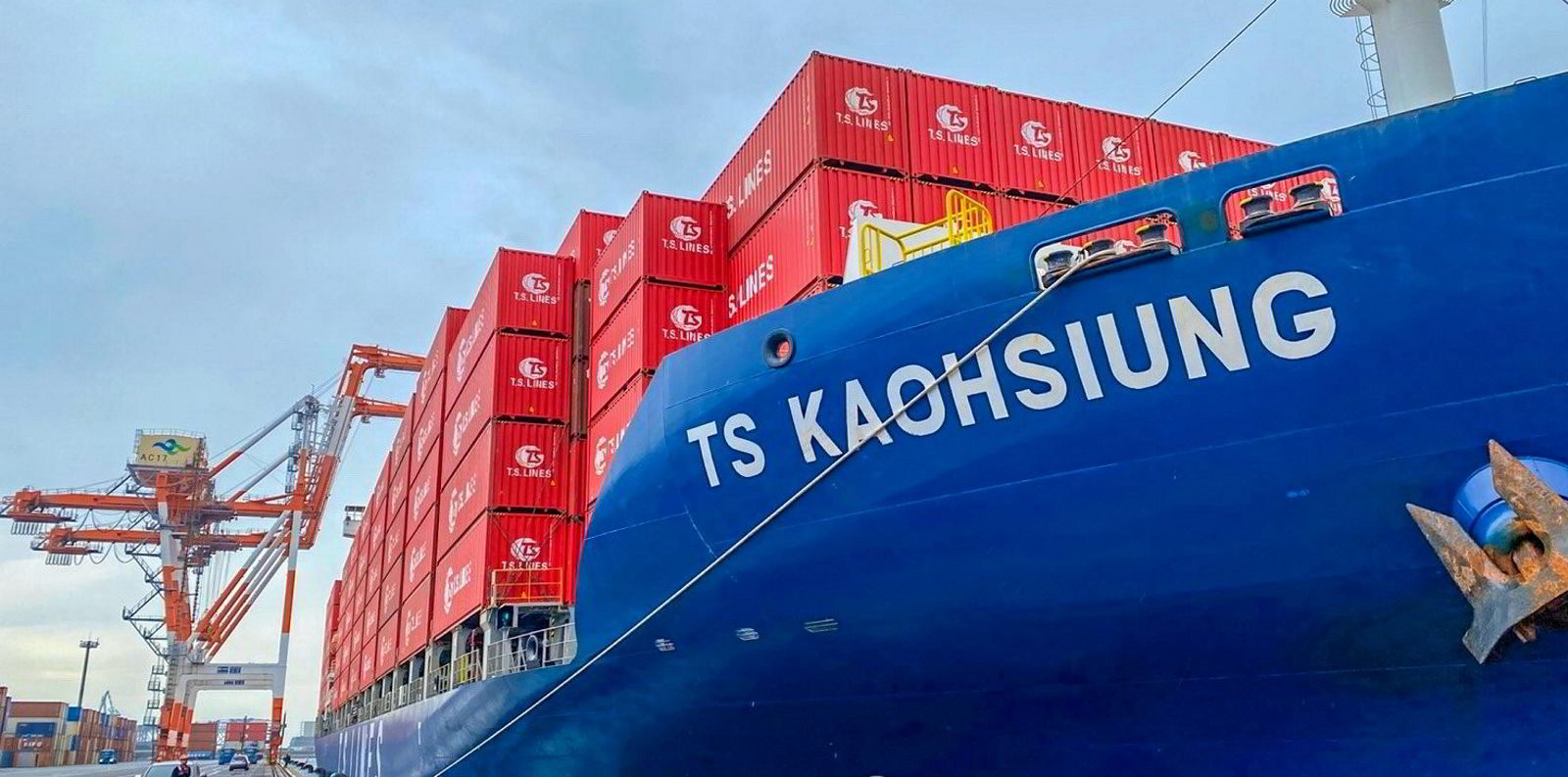Since its invention in 1956, the container has been at the heart of international trade, making the transportation of goods safer, more efficient and cost-effective. Nowadays, containers transport an estimated 90% of the world’s goods.
With under two months until COP26, world leaders and industry professionals alike are having to face up to the climate crisis and recognise their role in achieving the 2050 net-zero targets.
This is no longer a distant reality. Action is needed now, and smart containers might be the way forward for the logistics industry.
Smart containers are much the same as regular containers but feature a pre-installed sensor that stores various data points, which it then communicates with different nodes (ports, containers, vessels) over a network.
Certainly innovative, smart containers would also need to be environmentally sustainable.
Due to optimised fleet management that results in less repositioning, less lost time and less wasted fuel, they could reduce CO2 emissions from container vessels.
Moreover, by optimising and monitoring the conditions in a refrigerated container, smart containers would improve the shelf life of perishable items, thereby decreasing the amount of food waste and accompanying greenhouse gas emissions.
Finally, by promoting an understanding of the causes and environmental impact of damaged cargoes as well as lost boxes, smart containers could protect local ecosystems and communities in both the short and long-term.
Nowadays, logistics providers need to incorporate 4Ps — profit, people, planet and prosperity — into their decision-making processes. Smart containers could provide the essential data points to transform the supply chain into a more sustainable business model.
Governments, business owners and clients will benefit from the digitalisation as it will support their sustainable strategies, minimising the ecological footprint.
Disruptive digital solutions enabled by advanced analytics, AI, robotics and automation will be crucial to achieving the Sustainable Development Goals of the United Nations, which promote “a better and more sustainable future for all”.
Milestones

The success of smart containers will depend on certain milestones.
First, the industry needs to digitalise its processes. Despite several initiatives promoting fully digital, paperless trades, the logistics industry still relies on conventional paper-based documentation for the movement of goods. Digital initiatives need to be more widely applied.
Secondly, data standardisation is key. Non-governmental organisations such as Digital Container Shipping Association successfully promote open protocols and standards for a common technology that will remove any incompatibility issues between devices.
Finally, educating stakeholders on the smart container’s potential to add value and increase collaboration needs to become a priority.
While the physical assets of containers are unlikely to be replaced by alternative means of transportation, digitalisation will open up a range of possibilities for the industry.
The increased predictability of the end-to-end supply chain will enable a more data-driven assessment of the impact at each stage of movement (at loading, during the voyage or during the last mile delivery).
Once the digital network that enables information to flow between ships, terminals and customers is set up, further automation that increases efficiency and cooperation will become possible.
In the not-too-distant future, we could see autonomous vessels berthing at terminals, where automated cranes would load and unload vessels with pre-customs cleared containers.
Self-driving trucks could then deliver the box to its destination. Further into the future, we might depend on autonomous delivery drones.
With the rise of platform integration to absorb demand and supply shocks, an “Uber-isation” of the supply chain empowered by data and analytics is a real possibility. The sustainability credentials of these ambitions are undeniable.
Sustainability and growth
In a world where disintermediation is rife, smarter use of data and technology can help to future-proof businesses models and drive future growth.
Collaboration through digitalisation and data standardisation would benefit various stakeholders. The industry must adapt now, embracing smarter technologies so as not to be left behind by the challengers.
The logistics industry is at a pivotal time and the potential for smart containers is huge. Smart containers play a key role in supporting the growing logistics industry as it looks to become a sustainable part of global trade. It is time to learn, recognise and harness this technology for the benefit of the planet.
Jules Kollmann is managing director and global lead covering the container and logistics sector at ING Wholesale Bank.
Do you have an opinion to share? Email: news@tradewindsnews.com





